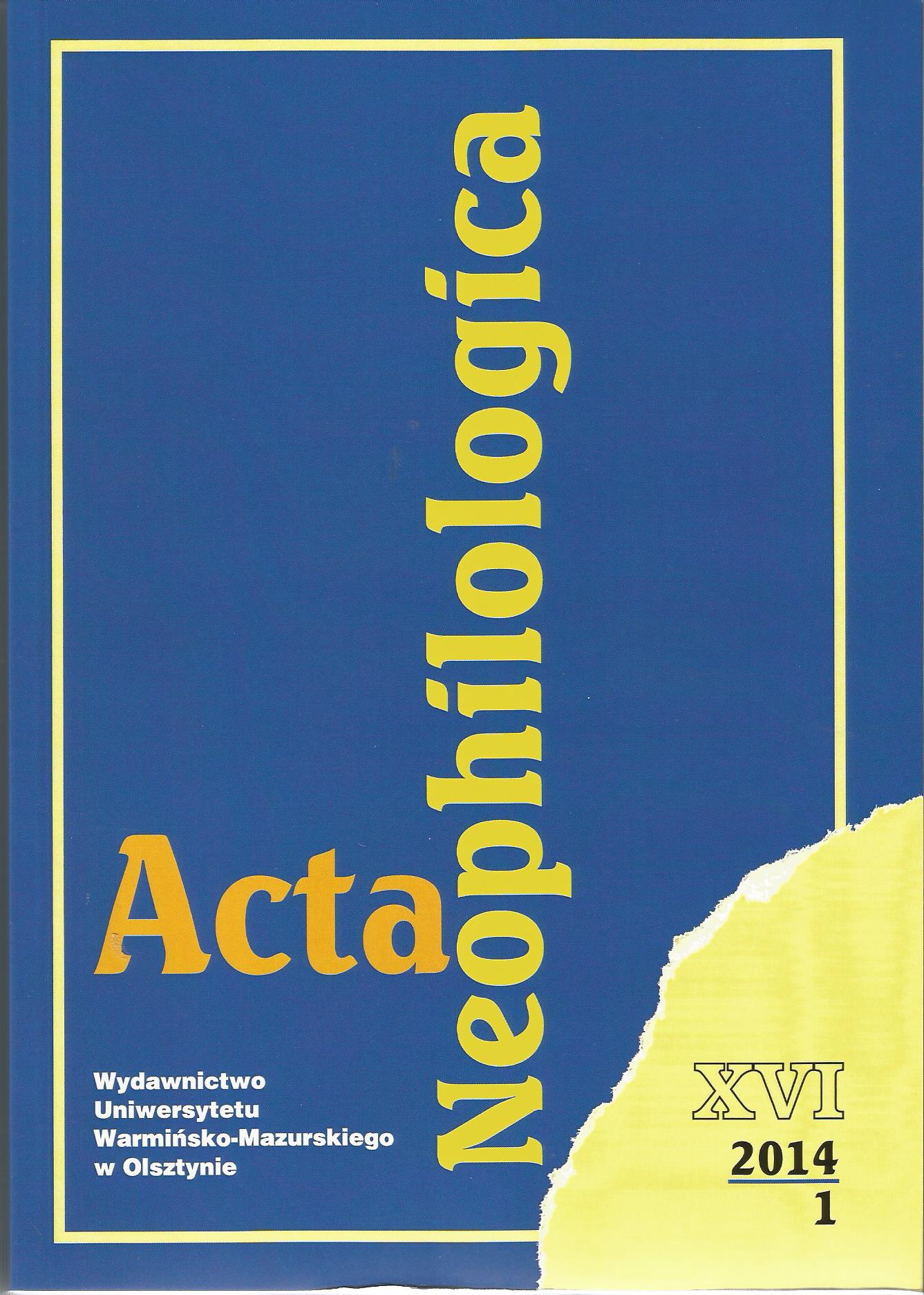Polscy XVIII-wieczni zesłańcy syberyjscy. Strategie (prze)życia na zesłaniu
Polish 18th Century Siberian Exiles. Strategies of Survival/Life in Exile
Author(s): Joanna GetkaSubject(s): History, Language and Literature Studies, Political history, Social history, Recent History (1900 till today), Special Historiographies:, Fascism, Nazism and WW II
Published by: Wydawnictwo Uniwersytetu Warmińsko-Mazurskiego w Olsztynie
Keywords: Russian Empire; Polish exiles; Bar Confederation; tsarist army; diary
Summary/Abstract: In line with the colonization of central Asian provinces of the Russian Empire, which started inthe 16th century, also the Poles were sent as prisoners to these areas. The article relates to methodsof survival in exile of representatives of the fi rst large group of Polish exiles – members of the BarConfederation (1768–1772). Some chose to more or less spectacular escape, which often ended intragedy. Others settled in and converted to Orthodoxy, denying the possibility of returning home.A large group of exiles were eventually forcibly incorporated into the tsarist army. As ordinary soldiers, deprived of state laws, the Poles have contributed not only to the further colonization of theAsian part of the Russian Empire, but also played an important role in regulating the internal affairsof Russia, including Emilian Pugachev rebellion damping (1773–1774).The source of the research is a diary of exiled member of the Bar Confederation – Karol LubiczChojecki, Pamięć dzieł polskich. Podróż i niepomyślny sukces Polaków, fi rst published in Warsaw in1789, reprinted one year leater (1790) in Supraśl, titled: Polak konfederat przez Moskwę na Syberię zaprowadzony. Razem wiadomość o buncie Puchaczewa.
Journal: Acta Neophilologica
- Issue Year: 1/2014
- Issue No: XVI
- Page Range: 165-178
- Page Count: 14
- Language: Polish

